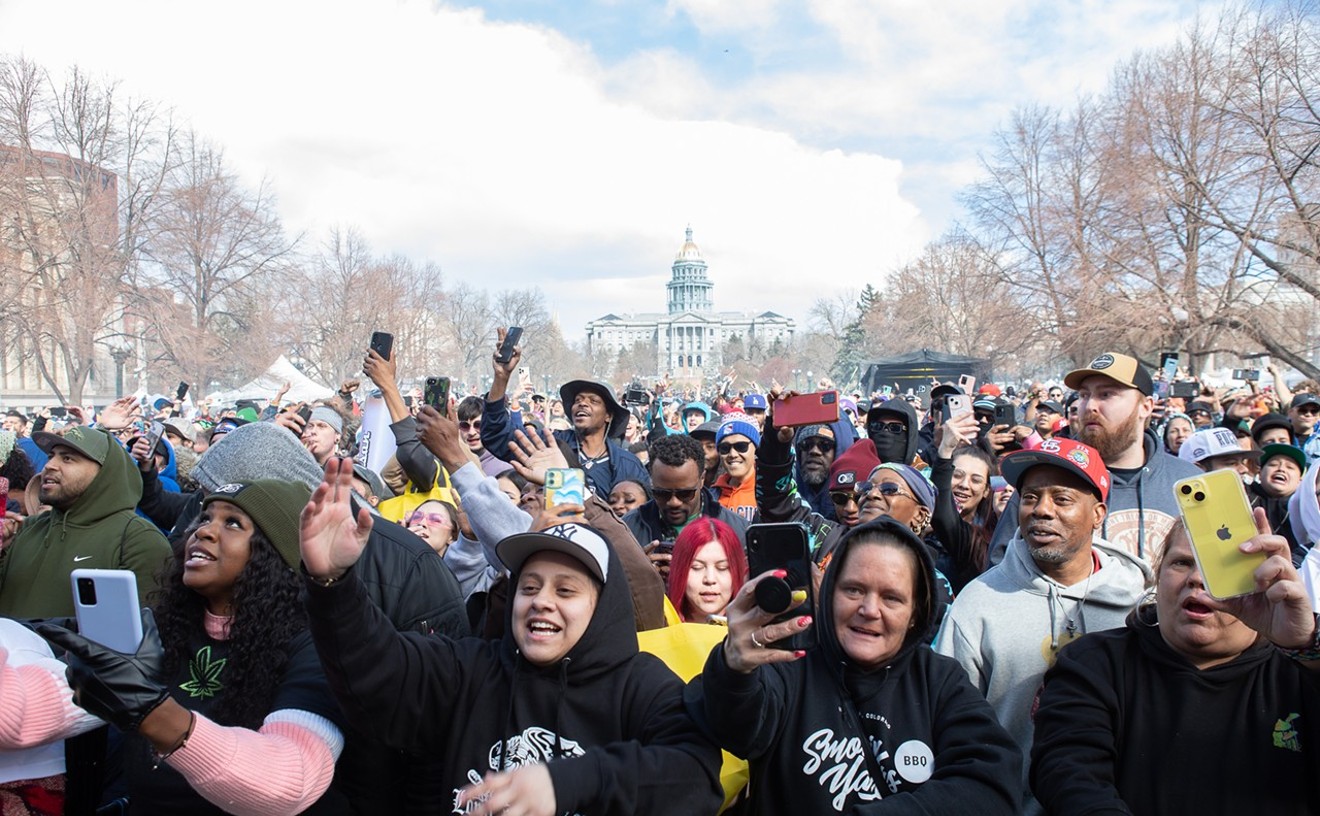So now the fellow has turned to crime.
To be specific, he's turned to one of the darkest crime movies ever made, a Robert Siodmak film noir called Criss Cross. Critic Andrew Sarris once remarked that Siodmak's Hollywood movies were more German than his German ones, and that is certainly true of this sinister 1949 melodrama (adapted from the hard-boiled novel by Don Tracy) about a payroll guard who is enslaved by love as well as by larceny. Before all the deceptions and double-crosses were even played out, blundering Burt Lancaster and scheming Yvonne DeCarlo both lay dead--in low-key black and white, of course.
Soderbergh's remake is in color (more about that in a minute), it's been retitled The Underneath, and he's transplanted it to Texas. But as far as neo-noir goes, this is pretty good stuff, riding low on all the old dangers of greed and poisoned through and through by lust. The director of Red Rock West and The Last Seduction, John Dahl, is justly being hailed as the new master of the old genre, but Soderbergh proves himself every bit Dahl's equal here. If folks would now just step up and buy tickets for a change, he'd probably feel a lot better.
This is what they would see: A feckless charmer named Michael Chambers (videotape lead Peter Gallagher) returns to the featureless Texas suburb he fled several years ago after running up a pile of gambling debts. Ostensibly, he's now come home for a wedding--his wary mother's getting remarried. But the real magnet, as it so often is in thrillers like this, is the woman Michael left behind to handle his mess.
As the resentful but still overheated Rachel, newcomer Alison Elliott has a gift for keeping us off guard. In contrast to the perfectly venomous femme fatale Linda Fiorentino created in The Last Seduction, the calculating Anjelica Huston of The Grifters or the Barbara Stanwycks and Lizabeth Scotts of yore, Elliott's Rachel balances steamy single-mindedness with a kind of new-age dreaminess that somehow befits deceit in the Nineties: We are never quite sure where her head is at, much less her heart. It's appropriate that co-writers Sam Lowry and Daniel Fuchs have made Rachel a two-bit actress, because her act is hard to follow. As luck and black humor would have it, she auditions as TV hostess for the state lottery.
Film noir, new or old, is always helped along by a rat-faced villain, but the New York stage actor William Fichtner imparts an inspired spin to that, too. His Tommy Dundee is a psychopathic little hood who owns a chaotic rock club called The Ember, but his menace runs deepest--and his weakness shows best--in his maniacal craving for Rachel. In Michael's absence, she's become less Tommy's possession than his demon, and it's a joy to watch him come apart at the seams.
Truth be told, the plot is further complicated by a third man who lives and dies for Rachel, but let's not show that card here.
Can the heist be far behind? Of course not. As in Siodmak's peerless original, Soderbergh tells the tale in two time frames--one depicting Michael and Rachel's messy former life, the other showing the fateful day of the job once he's returned. The director has collaborated with cameraman Eliott Davis to help us differentiate. The flashback sequences have been shot with normal color stock, and they're atmospheric in a hard, seedy kind of way. But the robbery of the armored car, and its harrowing aftermath, has been captured on Ektachrome, a high-contrast, still-picture stock that turns yellows to sickly sap, renders greens nightmarish and turns blues colder than ever. Ordinarily, I'm not enamored of such technical gimmickry, but the contrast works awfully well in expressing payroll guard Michael's panicky state of mind as he's shoved by events to depredation.
The most famous sequence in Criss Cross, movie buffs will tell you, has the faulty architect of the robbery lying in a hospital bed, all broken up, while a seemingly innocuous salesman, who may be the villain's hit man, sits in the empty hall beyond his room. To his credit, Soderbergh not only reproduces the exquisite paranoia Siodmak brought to the moment, he heightens it. Encased in plaster casts and suspended by pulleys, the sweating Michael and the disarming stranger, Mr. Rodman (Joe Chrest), go round and round beautifully: Even those who insist that real film noir played out in the Forties and is subject now only to a kind of postmodern parody might want to watch this minimalist set piece. It's as effective as anything I've seen at the movies this year.
In fact, The Underneath does so well as a lust-driven thriller and a dark brush with evil that, if there were any justice in the world, it would serve as a useful antidote to all that synthetic kiddy cheer and expensive fantasy the big studios are throwing onto the screen again this summer. In any event, Steven Soderbergh's luck has been running sour for a few years, and it would be nice to see it turn.










